If all men are born free, how is it that all women are born slaves?
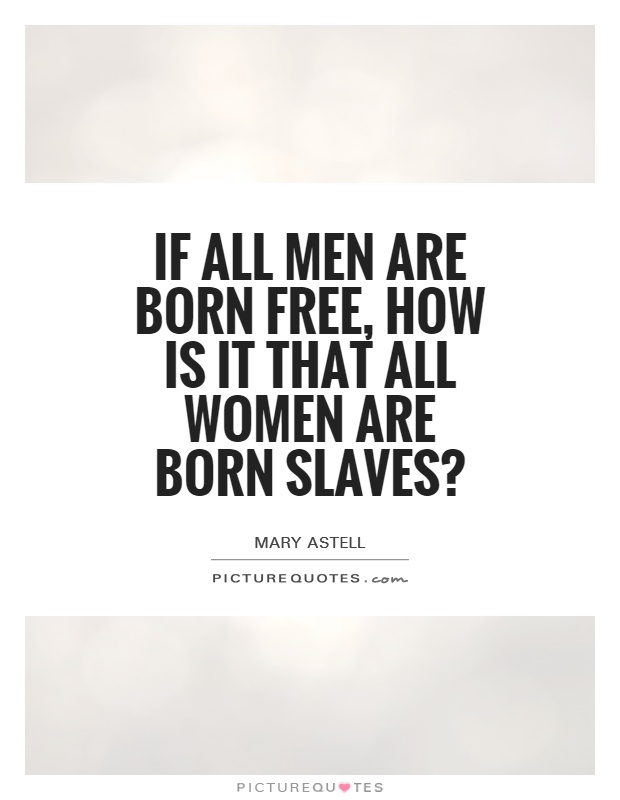
If all men are born free, how is it that all women are born slaves?
Mary Astell was a pioneering feminist thinker in the 17th century who challenged the prevailing societal norms that relegated women to a subordinate status. One of her most famous quotes, "If all men are born free, how is it that all women are born slaves?" encapsulates her belief that women were systematically oppressed and denied the same rights and opportunities as men from birth.Astell's question highlights the inherent contradiction in a society that claims to value freedom and equality for all, yet systematically denies these rights to half of its population based on gender. She argues that the very notion of freedom is undermined when women are treated as second-class citizens and denied the same rights and opportunities as men.
Astell believed that women were born into a system that systematically oppressed and subjugated them, relegating them to a life of servitude and dependence on men. She saw the institution of marriage as particularly oppressive, arguing that women were essentially sold into slavery through the marriage contract, which stripped them of their autonomy and independence.
Astell's critique of the patriarchal society in which she lived was radical for its time, as it challenged the prevailing belief that women were naturally inferior to men and therefore deserved to be subjugated. She argued that women were capable of reason and intellect just as men were, and therefore deserved the same rights and opportunities.
Astell's question remains relevant today, as women continue to face systemic barriers to equality and freedom in many aspects of society. The legacy of her work lives on in the ongoing struggle for gender equality and the recognition of women's rights as human rights. As we continue to strive for a more just and equitable society, Astell's words serve as a powerful reminder of the need to challenge and dismantle the systems of oppression that continue to deny women their full humanity and freedom.
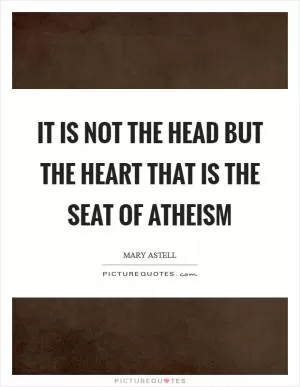
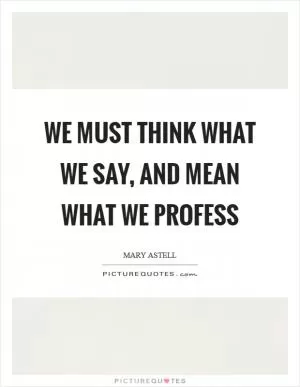
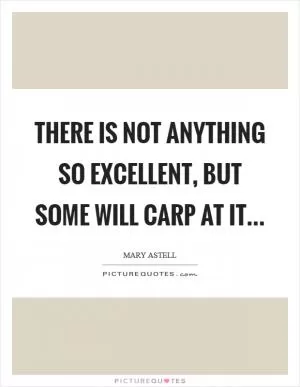


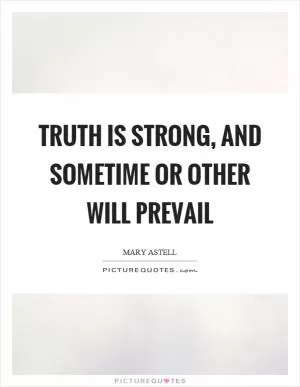
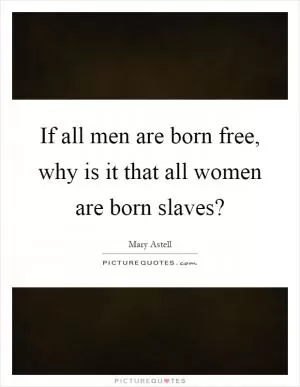
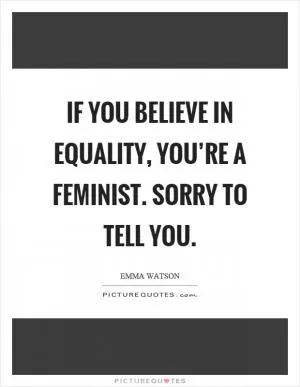
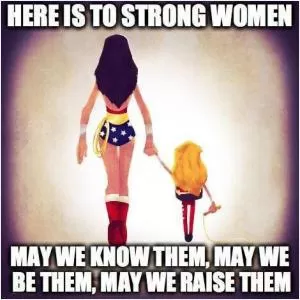
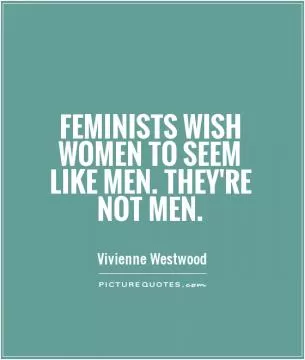
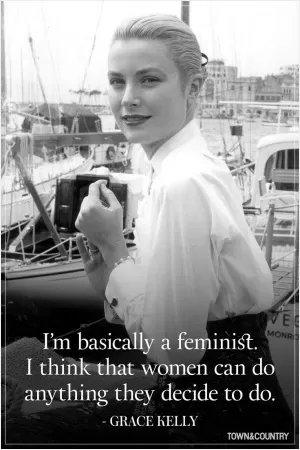
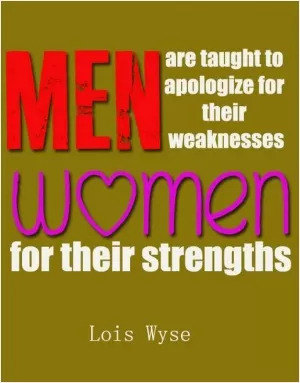
 Friendship Quotes
Friendship Quotes Love Quotes
Love Quotes Life Quotes
Life Quotes Funny Quotes
Funny Quotes Motivational Quotes
Motivational Quotes Inspirational Quotes
Inspirational Quotes